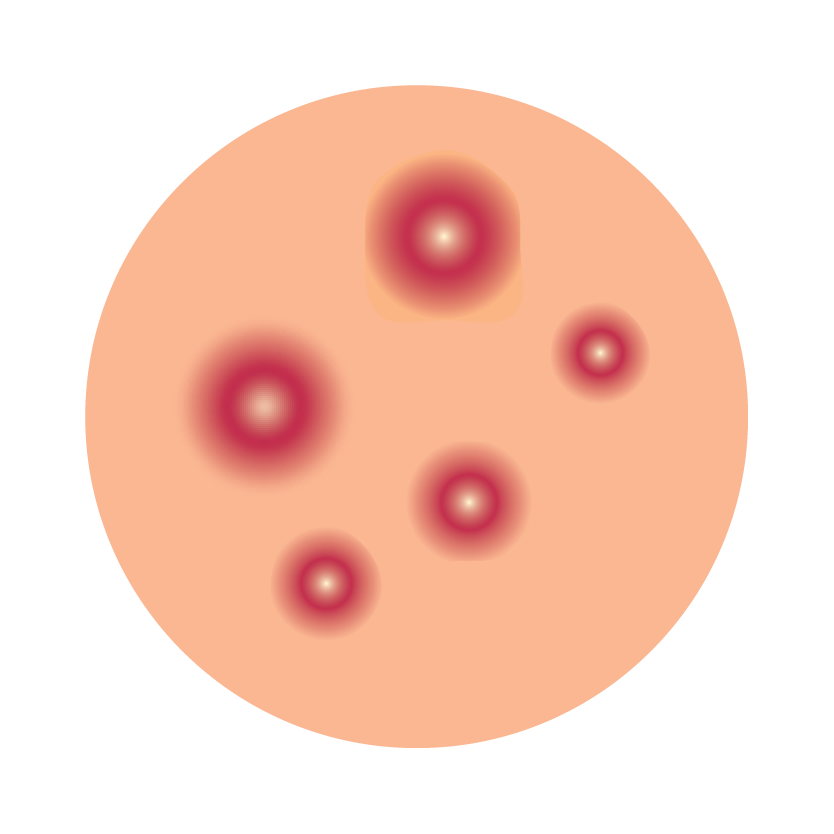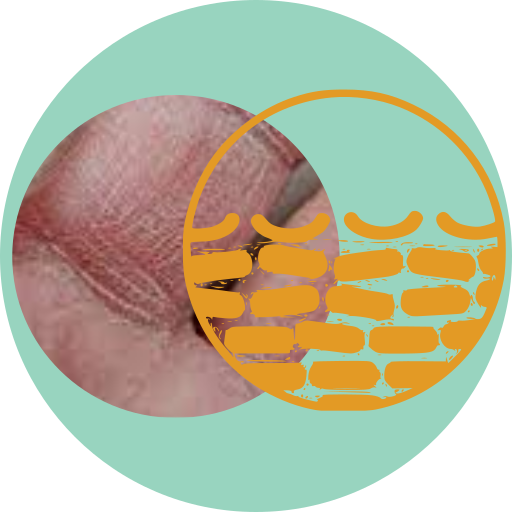| Name | Tretinoin |
| Classes |
Dermatological/Topical Agent Topical Antiinfective Agent Antiacne Agent |
| Diseases |
Acne Promyelocytic Leukemia Skin Disorder |
Tretinoin
Tretinoin or Retinoic acid is medication available as cream, gel or liquid. It is used to treat skin conditions. The exact mechanism of how this drug works is not known.
- Tretinoin should be used once a day, before bedtime, or as advised by your doctor. If your skin is sensitive, your doctor may recommend that you begin your treatment by applying Tretinoin every other night. Wash your skin with a gentle soap and pat it dry gently. WAIT 20–30 MINUTES BEFORE APPLYING MEDICATION; it is essential that the skin is completely dry in order to avoid irritation.
- Squeeze out a half-inch or less of medication onto the tip of your finger. While it should be sufficient for your entire face, you may find that you require somewhat more or less after some practice with the drug. Almost immediately, the medication should become undetectable.
- If it's still visible, you're overdoing it. Apply Tretinoin (tretinoin cream) Cream to the affected region, dabbing it on your forehead, chin, and both cheeks first, then spreading it over the entire affected area. Gently massage onto the skin.
The following side effects may appear-
- Skin redness
- Dry skin
- Facial edema
- Tretinoin cream/ gel is flammable. Keep out of reach of fire and heat.
- Even on hazy days, regions treated with Tretinoin should be protected when outside. When you're outside, you should always use sunscreen (consult your physician for a recommendation of an SPF level which will provide you with the necessary high level of protection). Protective apparel, such as a hat, should be worn while exposed to the sun for a lengthy period of time.
- The skin of certain sensitive individuals may become excessively red, swollen, blistered or crusted.
- Avoid excessive exposure to wind or cold
Contraindication
Contraindicated in patients hypersensitive to any component of the medication.
None known.
None known.
 Bangla
Bangla English
English



